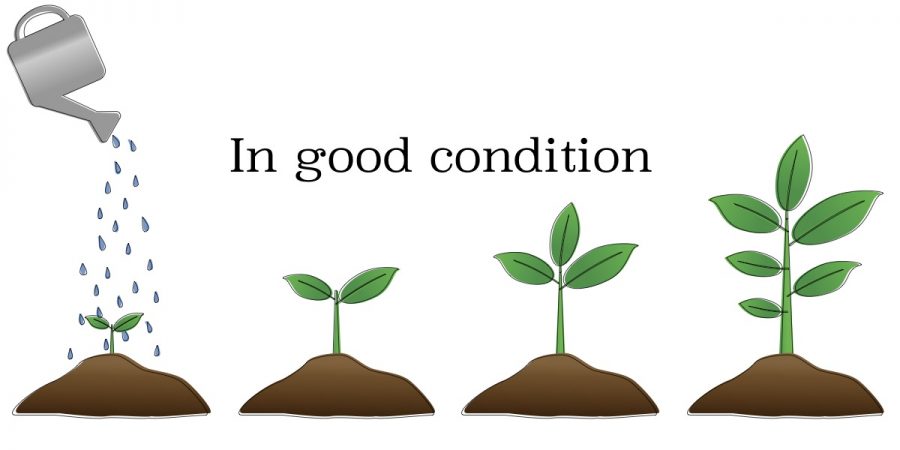In good condition
Mental health through a social lens, provide accessibility
Photo by Submitted
After a longer break, it is time to dive back into the topic of health and wellness!
Because, even the writer of this column, has to take some time off once in a while to remain “In good condition.”
Since the start of this year and until now, awareness toward mental health is needed now more than ever.
Thanks to the power of social media, this awareness had been amplified toward social movements far and wide. Not only within politics and cultural behaviors, but also through the emotional hardships many people face.
During this past summer, I was challenged to address my own mental health and how to progress into our “new normal” — for the pandemic, the beginnings of a new academic year and a necessary focus on social justice.
As one does, I turned to my social media outlets. I hoped to find any source of inspiration and find people who may have felt the same way as me — striving to unpack these feelings of looming concern and the unknown.
To my surprise, I was not the only one with this overwhelming sensation of anxiety. My social media was flooded with posts addressing awareness of issues I faced and wanted to understand better: mental health related and beyond.
While social media is not the only excusable response to chronic issues within our society and well being, it can be a great first step to understanding how to address these topics.
Different organizations have taken to social media in a direct way, as they share the truth behind subjects our society has strayed too far away from. One of these subjects is mental health.
The Depression Project has been a primary advocate for this cause. This organization consistently appears within both my social media presence and my everyday decision making.
The account releases a variety of slideshow posts on themes of anxiety and depression, covering the following topics and more:
- How to support a loved one with depression
- 15 warning signs someone’s anxiety is settling in
- 10 hidden behaviors for someone with anxiety
- What toxic positivity looks like
As an individual who deeply connects with many of the underlying symptoms this platform provides, it is relieving to witness conversations around what anxiety really looks like.
Social media serves as a great method to communicate with others and share common interests. Now, mental health awareness can find its seat at the table as I continue to share these posts and information with those around me.
Organizations like The Depression Project do not shy away from the importance of mental health discussions. They validate the unique experiences people may have with a mental illness.
While it is worth noting the harmful pressures and side-effects social media has instilled into its following, there could be a chance for these platforms to turn a new leaf.
With any obstacle in life, the only direction for change is up. And, when addressing the important conversation of mental health, the upward climb is now one step higher with the redirection of social media.
If you or someone you know is in a mental health crisis — whether they are considering suicide or not — call your local toll free lifeline to speak with a mental health counselor.
Nelson can be reached at nelsoner1654@uwec.edu.

Evelyn Nelson is a third-year Journalism and Environment, Society and Culture student. This is her fifth semester on The Spectator. She enjoys fulfilling her dream of being a barista, at SHIFT Cyclery and Coffee Bar. Stop by for some great coffee and conversation!


